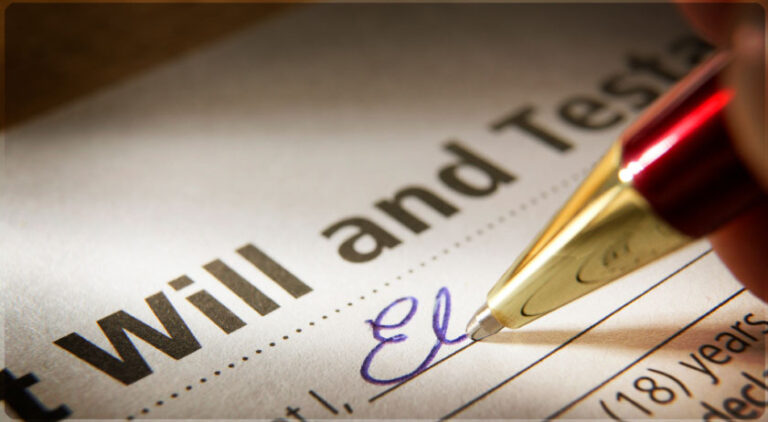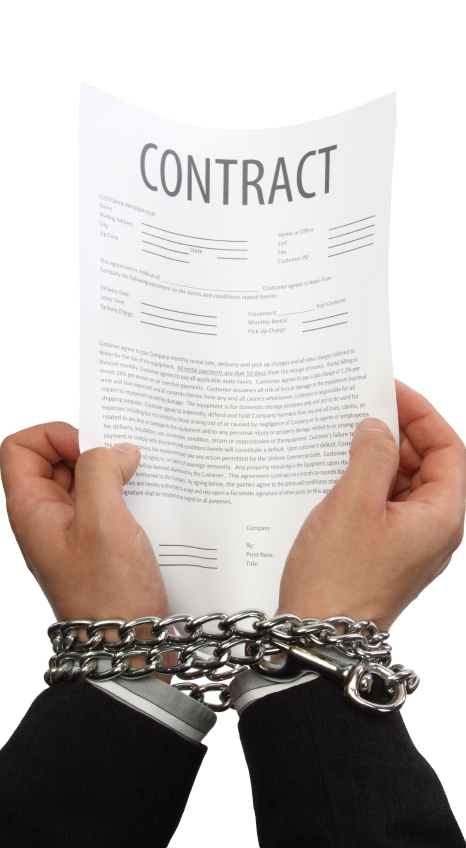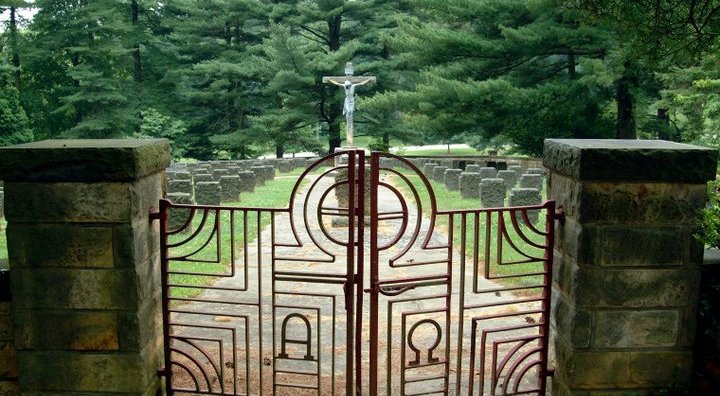Having a will is arguably one of the most important things you can do for yourself and your family. A will can legally protect your spouse, children, and assets. It can also spell out exactly how you would like things handled after you have passed on. Here are some specific ways that having a will can ensure your wishes are followed.
1. You decide how your estate will be distributed. A will is a legally binding document that lets you determine how you would like your estate to be handled upon your death. If you die without a will, there is no guarantee that your intended desires will be carried out. Having a will helps minimize any arguments about your estate, and it determines the “who, what and when” for distribution. If you don’t specify your own plan for your estate, your state of residence will impose its plan.
2. You decide who will take care of your minor children. A will allows you to make an informed decision about who should take care of your minor children. In the absence of a will, the court will take it upon itself to choose among family members or a state-appointed guardian. Having a will allows you to appoint the person you want to raise your children.
3. Probate? Contrary to popular belief, all estates must go through the probate process, with or without a will. Having a will speeds up the probate process and informs the court how you’d like your estate divided. Probate courts “administer your estate,” and should you die without a will, the court will decide how to divide the estate without your input, which can cause long, unnecessary delays.
4. You can minimize estate taxes. Another reason to have a will is because it allows you to minimize your estate taxes. The value of what you give away to family members or charity will reduce the value of your estate when it’s time to pay estate taxes.
5. You decide who will wind up the affairs of your estate. Executors make sure all your affairs are in order, including paying off bills, canceling your credit cards, etc. Because executors play the biggest role in the administration of your estate, you’ll want to be sure to appoint someone who is honest, trustworthy, and organized (which may not always be a family member).
6. You can make donations to causes you believe in. The ability to make donations is a good reason to have a will because it allows your legacy to live on and reflect your personal values and interests. In addition, certain gifts are excluded from estate tax, so you’re also increasing the value of your estate for your heirs and beneficiaries to enjoy.
7. You can avoid greater legal challenges. If you die without a will, part or all of your estate may pass to someone you did not intend, or the estate passes as intended but is contested by someone who you would not have wanted to receive an inheritance. For example, one case involved the estate of a deceased son who was awarded over $1 million from a wrongful death lawsuit. When the son died, the son’s father – who had not been a part of his son’s life for over 32 years – stood to inherit the entire estate, leaving close relatives and siblings out of the picture!
8. Because you can change your mind if your life circumstances change. You can change your will at any time while you’re still alive. Life changes, such as births, deaths and divorce, can create situations where changing your will is necessary.
Source: On the Hill | Winter 2022 | Vol. 61:1
Image by katemangostar on Freepik






